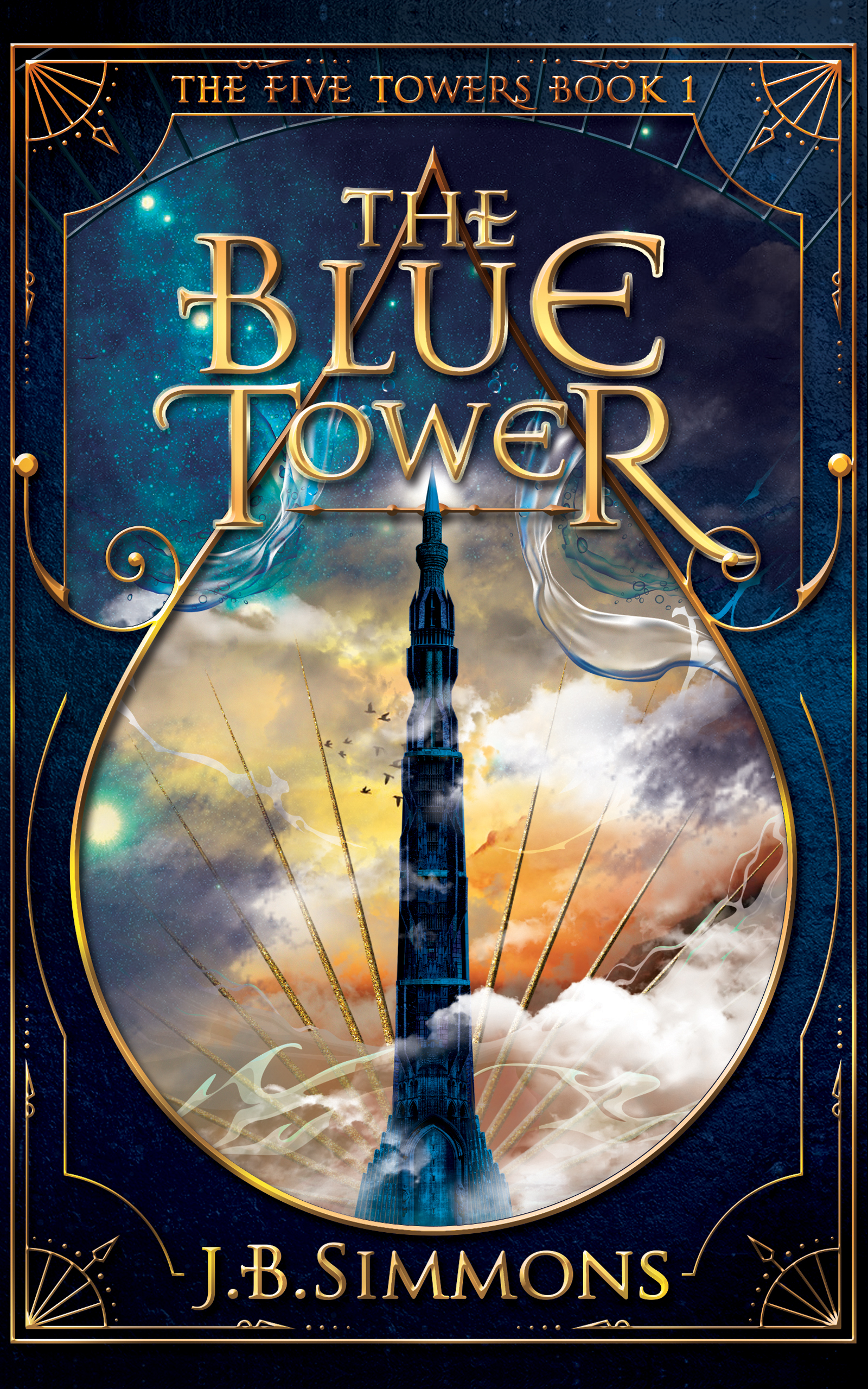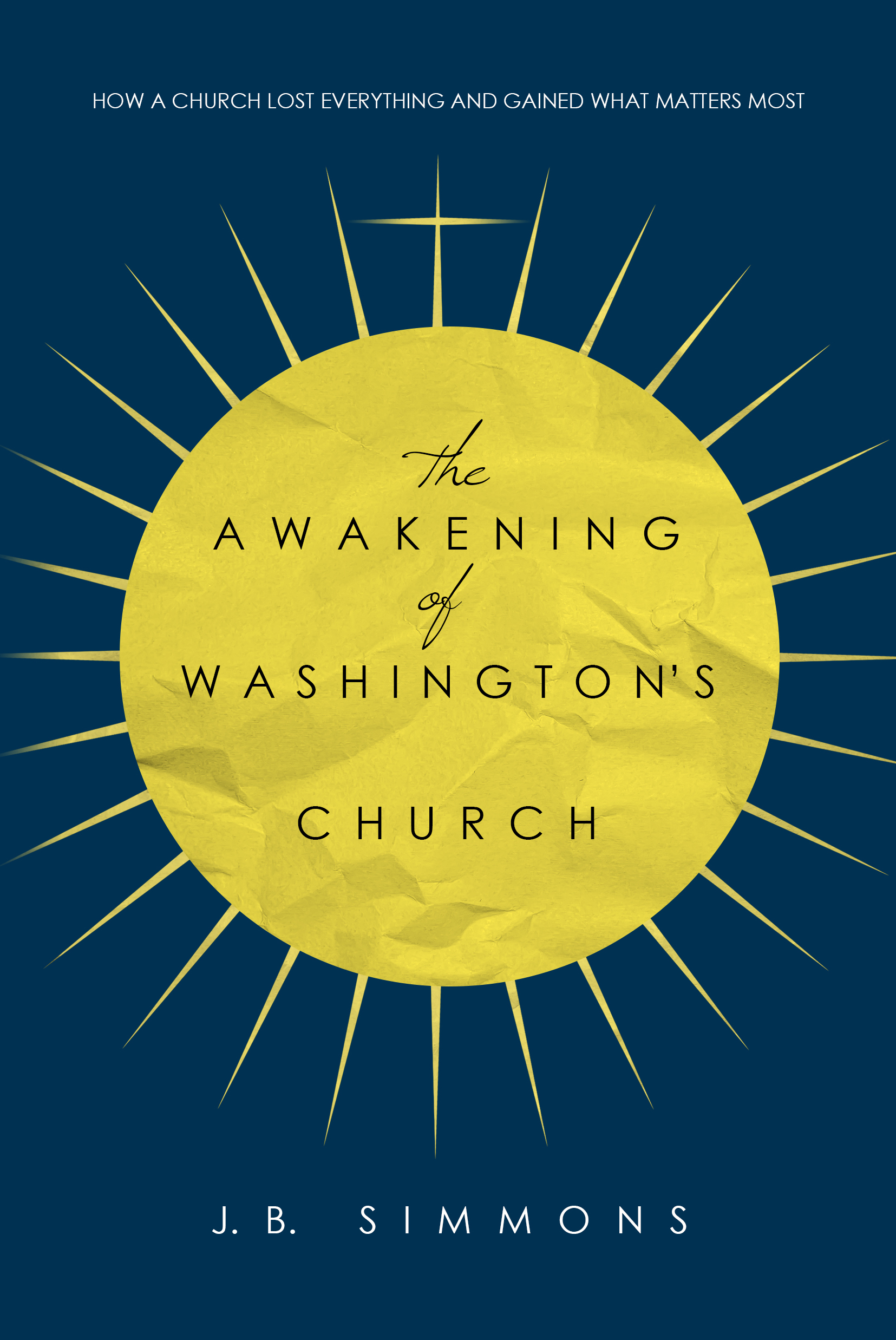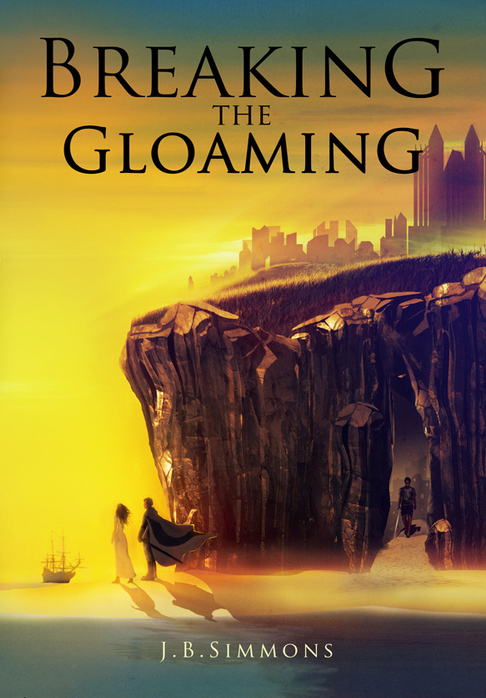Why We Need More Artisans
/Have you heard of Guy Kawasaki? He was the chief evangelist of Apple; then he started preaching about artisanal publishing. His book APE: Author, Publisher, Entrepreneur is more than useful. It is inspiring. Why? Because if you have a voice inside you that resonates with the word artisan, it helps that voice be heard.
And we need more people like you.
Modern Artisans
The cobbler in a medieval village. The cheese-maker. The carpenter. These are artisans. They are workers and hand-crafters. Their livelihoods depend on the quality of what they make.
So what about writers? Can we be artisans, too? Absolutely.
Our tools are different, but the meaning is the same. Every time our fingers touch the keyboard, we have an opportunity to create something special. It requires great care and attention to detail. The sweat may be slight. The blood may be figurative. But the effort is no less intense.
We have to give everything we have to produce quality writing.
Crafting Words
I can’t make a shoe or build a house. Most of you probably can’t either. Yet we can all write a story. The challenge comes in crafting the words.
Why is it so hard? Our lives are a swamp of words. We hear and consume 30,000 to 100,000 words a day. That’s basically a novel’s worth of disconnected phrases every single day. It’s easy to get lost in that swamp.
Words still have power, though. We just have to be artisans. We have to care about each word we put on a page, how it fits in the sentence and in the story. We have to make our words count.
If you do this, people will notice. It actually becomes easier, as words proliferate, to detect an artisan at work. Read a perfect analogy? How about a brilliant turn of phrase? These are not accidents. These are the marks of an artisan.
Artisanal Publishing
You have what it takes to be an artisan. You just have to work at it. So let’s assume you’ve put in the sweat, blood, and tears. You’ve created something unique.
Now, here’s the best news: for the first time in history, you can deliver your finest written craft straight to every reader.
No guild or publisher needs to stamp your book with approval and put it on bookshelves. That system has changed. The not-so-new trend is self-publishing. Readers seek storytellers, and they help good books rise over time. It is a decentralized meritocracy that promises more for the artisan.
Sometimes you can best understand a concept by considering its opposite. The opposite of an artisan is a sweatshop worker. It is the poor soul who breaks her back running the same machine, every day, for pennies. Does she care about her work? Maybe. But the ultimate quality is out of her hands.
I’m not saying publishers are sweatshops, far from it. They serve a valuable and important purpose. But writers who sign with publishers usually are not artisans of a final product. They relinquish some measure of control.
Indie writers, by contrast, are the last word on the cover and the contents of their books. With this great power comes great responsibility.
The Final Steps
Our work does not end with the written word. We must be artisans all the way to the finish line. This means learning new crafts. For example, in my first year at this trade, I’ve apprenticed in:
- The magic of a good editing process (five steps here).
- The best book cover design for $300 (tactics for 99designs here).
- The value of fonts that pop (links to the experts here).
- The way to reach 10,000 readers in one day (learn the secret here).
- The wisdom of finishing (find Anne Lamott’s great insight here).
Note the key word: apprentice. It is impossible to become a master craftsman overnight. But the way to learn is from the masters: those who have excelled before you.
This, too, is a great opportunity in the modern era. Even though I’ve never met him in person, Guy Kawasaki is one of my teachers. You can and should learn from the best.
A Call for Artisans
Each of us has a story with value. For generations people have shared their stories with family and friends. Today we can share them directly with the world.
This direct connection raises the stakes. Stories require serious work and hand-crafting. They require artisans. They require you and me to step forward and create. Let’s heed Steven Pressfield’s call:
Creative work is not a selfish act or a bid for attention on the part of the actor. It’s a gift to the world and every being in it. Don’t cheat us of your contribution. Give us what you’ve got.
(The War of Art, last page.)
Let’s make our crafts count -- J.B.









